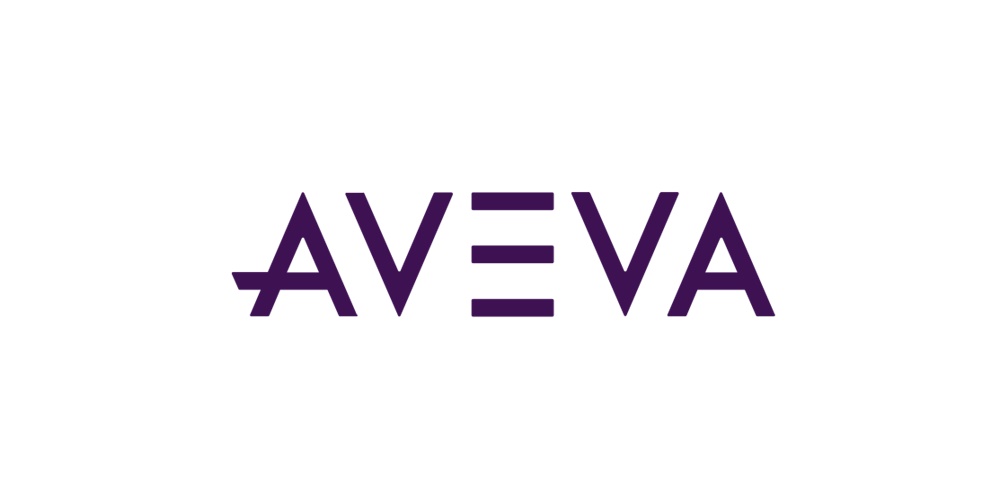LONDON, UK, Jun 27, 2022 – AVEVA, a global leader in industrial software, driving digital transformation and sustainability, has launched new dynamic simulation-based active-learning modules for chemical engineering students in association with West Virginia University (WVU). The joint effort aims to develop a practical guide of standard active learning techniques for process simulators in the chemical engineering curriculum as well as for the design of sustainable solutions while solving challenges in STEM education.
The new curriculum serves academia, oil and gas customers and chemical customers. Each course has four active learning pathways developed using the AVEVA Process Simulation platform for a total of 40 modules in the guide. The structure of each module comprises general information, learning objectives, description, background, activity and debrief.
Professors, students and engineers can collaborate across disciplines in a single integrated platform with AVEVA Process Simulation to explore all dimensions of a potential design and quantify its impact on sustainability, feasibility, and profitability.
AVEVA’s academic customers can leverage the advantages the new curriculum offers as it incorporates elements of active learning, and connections between the real world and the simulator. The AVEVA platform allows users to design sustainable processes at the speed the market demands with the innovative, integrated platform that enables a circular, sustainable world.
Lecture-based instruction has been the traditional classroom teaching model. However, this approach has its limits in developing a conceptual or practical understanding of the material. With advancements in technology and better awareness of the importance of practical learning, chemical process simulators have become more commonplace in the classroom.
Steady-state process simulators enable students to design equipment for complex chemical processes faster than ever before. But research shows that students are not always aware of the difference between classroom and real-world process simulators, which can lead to misconceptions about the role and application of these tools.
Consequently, curricula need to be redesigned to make better use of process simulators. Any new simulation-based education tool should incorporate elements of active learning, and connections between the real world and the simulator are imperative. This is where AVEVA and WVU are making a difference.
The 40 dynamic, active learning modules in AVEVA Process Simulation can be incorporated into chemical engineering education with minimal effort on the part of instructors, while simultaneously avoiding the so-called black box effect.
Caoimhe Keogan, Chief People Officer, at AVEVA said: “Our aim is tocreate a curriculum for chemical engineering departments, instructors and students that offers access to simulation learning plans in just a few clicks. The use of AVEVA tools offers users a realistic rendering of their environment and enables them to undertake academia lab projects and lessons with ease. By streamlining educational approaches with industry demands, AVEVA is also working towards a sustainable world.
“AVEVA Process Simulation calculates greenhouse gas emissions and optimizes the process to reduce the overall carbon footprint. Early exposure to this for prospective engineers is essential for the future of a sustainable industrial world. We are confident the new curriculum will prove invaluable for both students and instructors.”
The AVEVA Process Simulation Academic Program is being made available to universities globally to help bring state-of-the-art process engineering tools into the classroom. This cloud-enabled offering provides access to industry-standard engineering software and next-generation simulation tools including an extended reality environment.
Dr. Richard Turton, Emeritus Professor at West Virginia University said: “The APS-based curriculum available through AVEVA allows students to gain deeper insight into many aspects of the chemical engineering curriculum. By utilizing realistic, dynamic simulations of different equipment and control systems within a chemical process, students and instructors will see how designs, often made through steady-state simulations and calculations, react to process changes relevant to real-world operations.”
About AVEVA
AVEVA is a global leader in industrial software, sparking ingenuity to drive responsible use of the world’s resources. The company’s secure industrial cloud platform and applications enable businesses to harness the power of their information and improve collaboration with customers, suppliers and partners.
Over 20,000 enterprises in over 100 countries rely on AVEVA to help them deliver life’s essentials: safe and reliable energy, food, medicines, infrastructure and more. By connecting people with trusted information and AI-enriched insights, AVEVA enables teams to engineer efficiently and optimize operations, driving growth and sustainability.
Named as one of the world’s most innovative companies, AVEVA supports customers with open solutions and the expertise of more than 6,400 employees, 5,000 partners and 5,700 certified developers. With operations around the globe, we are headquartered in Cambridge, UK and listed on the London Stock Exchange’s FTSE 100. Learn more at www.aveva.com.






